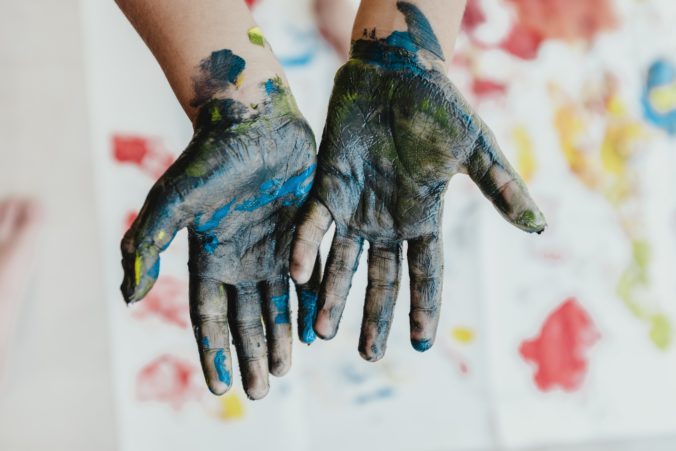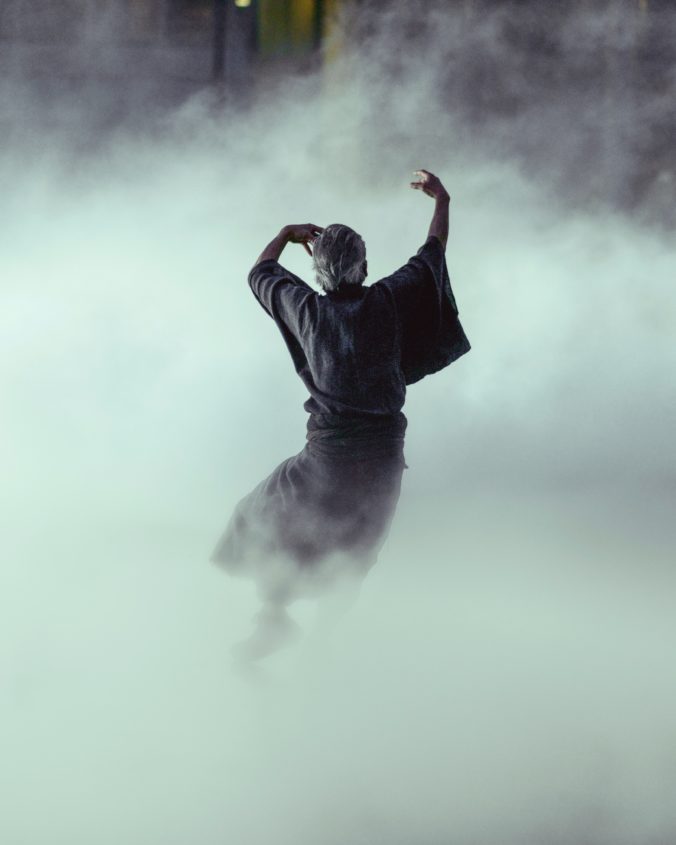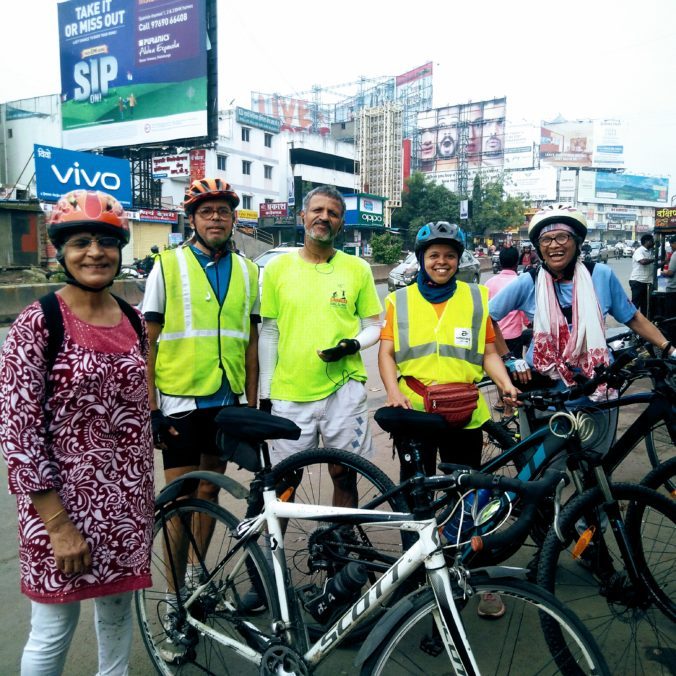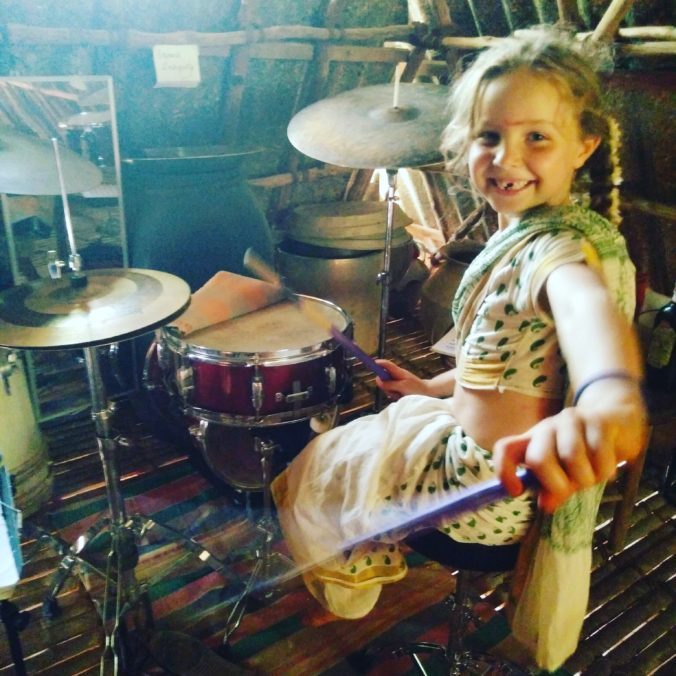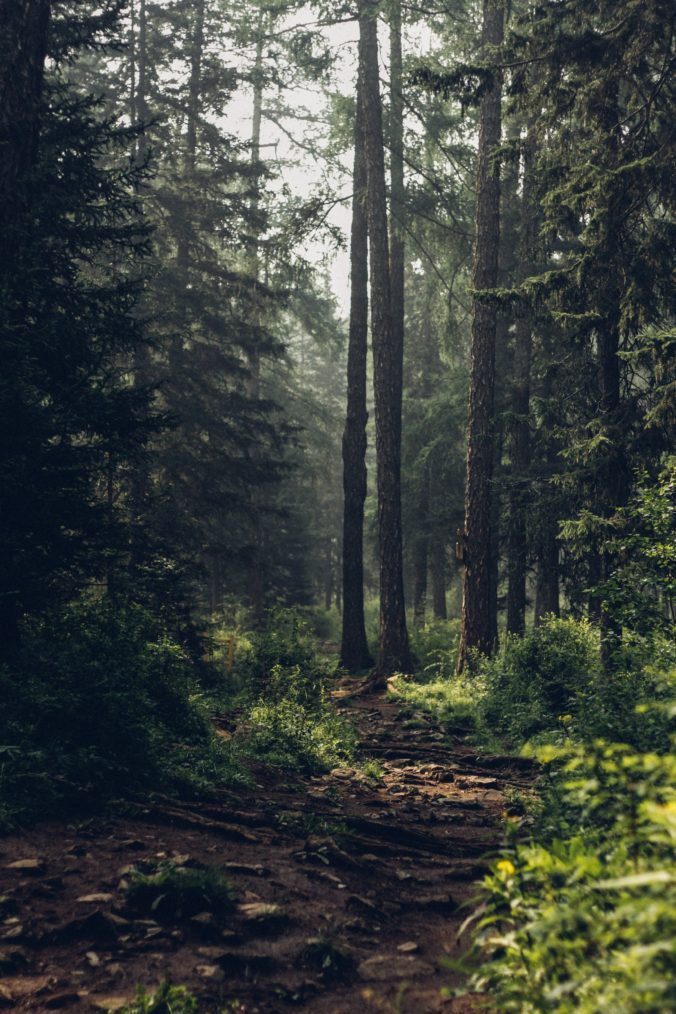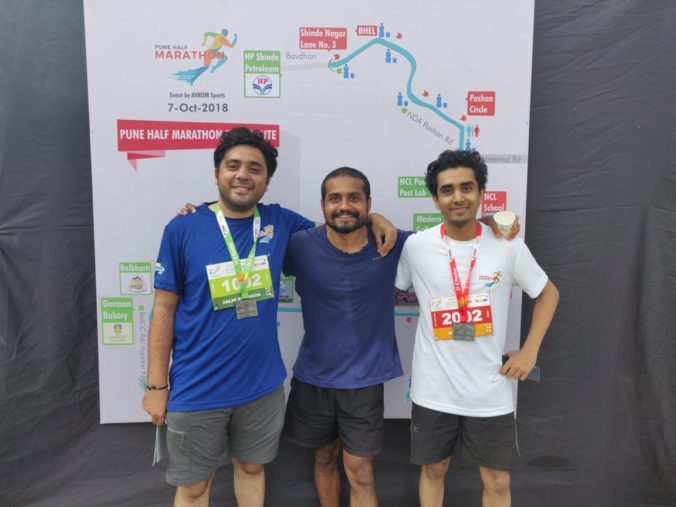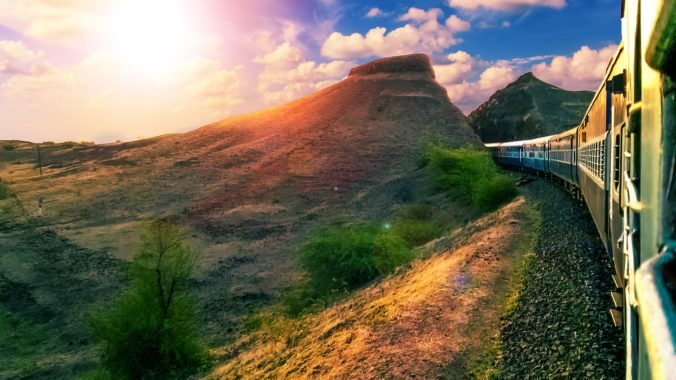It had been five hours since we started our trek downhill from Beding, a little hamlet in the Rolwaling valley in North-East Nepal.
Exhausted as we were, the sight of a house at a distance felt like spotting an Oasis.
Our determined feet stamped onward to reach the solitary house in a village called Dugong.
We could smell a local alcohol made out of rice called ‘Rakshi’ brewing in the kitchen.
‘Namaste, Ajool…’ my friend Lee greeted enthusiastically.
An elderly Sherpa lady stooped out of her house with the most welcoming smile I’ve ever been graced with.
She invited us into her kitchen-cum-restaurant.
We could see she only had two wood fired stoves with her with one brewing the ‘Rakshi’.
‘Khana Jaldi Chaiyo’ Lee explained with animation that we need food fast.
She laughed and pointed her finger towards a packet of noodles. I was sure she was used to the state of hunger of trekkers.
We assented at her suggestion and she got busy in her kitchen.
The house was made out of a lot of wood, labor and love. The cutlery, minimal and neatly arranged. There was water pipe delivering water right to her house straight from the little cascade behind her log cabin. The place had an energy of contentment, one that can only come with age, acceptance and wisdom.
There was a place for everything and everything was in its place.
After a moment, I wondered what this old lady would be doing for company. She only had one neighbour who seemed to be out for work in the forest.
‘She must surely feel lonely all by herself’ I wondered.
Within moments we heard the door of the kitchen being banged at. We wondered who it could be. The Sherpa lady’s face lit up with a smile. She reprimanded at the person at the door with unmistakable affection.
The determined banging continued on.
Finally she could no longer keep the door closed and lightly let it ajar.
And with the halo of the outside world behind itself, shone the bright white fur of a little baby sheep.
It jumped inside the kitchen and went straight to the lady. For the next half an hour, they played with each other like grandson and grandmother. There was such stubborn affection in the sheep for the lady, that it would never leave her alone. The lady would push it aside with loving aggression only to secretly expect it to come back to harass her.
Tumbling many pots and pans around the kitchen and eating out of places it shouldn’t, the baby sheep made itself feel at home.
The lady could only love the sheep more. There was no other way.
Once our meals were ready, she served us on the beautifully aged table made out of forest wood.
She rested herself on the ground, took the sheep in her lap and adoringly spoke to it in a language she was sure the sheep understood, only to not obey.
Just moments ago, I was feeling a bit sad for the woman who I assumed was living all by herself in this remote mountain village.
How wrong was I !
She had such a bountiful expression of life living alongside her.
The sheep was not just entertainment, or company or a means to have food, milk or leather for that matter.
It was life itself for her.
Witnessing this aspect of life changed my perspective profoundly.
A day ago, we were served Yak cheese with boiled potatoes in the village uphill. I was a bit hesitant while eating since I refrain from having animal products as much as possible.
But that was the only food available and we had to respect the emotion of the locals for whom Yak cheese is a delicacy reserved for special occasions.
We chose to eat what was served.
Much to my surprise, that was certainly one of the most delicious food combinations I had ever tasted.
I ate as much as I possibly could.
The next day, we saw free roaming Yak in the pastures nearby being milked lovingly by a village lady.
The Yak showed it’s affection back in equal measure, much like the baby sheep at the Sherpa lady’s house.
I felt fortunate for being able to witness this bond between humans and animals. I have lived in cities all my life and have never experienced this paradigm of a relationship.
A few years ago, I chose to follow a Vegan lifestyle, primarily educating myself from resources online about how cruel the animal rearing industry is.
My education happened mostly,
online.
But for the first time, I could actually see how effortlessly animals and humans exist symbiotically.
With sincere love for each other.
There was never a rope in sight to secure an animal, for their hearts were always strung together to their human friends’ hearts.
In harsh winter, the animals are taken care of by the local villagers like family. The village moves downhill to warmer places only when all its animals do.
In a way, it felt as if the animals took care of their human friends by giving them loving company, and perhaps a share of their milk.
Of course it can be disputed, and seen as exploitation.
I would argue like that earlier.
But once I saw the pristine relationship between man and animal in such harsh environment where weather and loneliness can take a toll on your health,
I realised the need for them to coexist in such beautiful harmony.
No animal is reared for meat in the villages here in the hills. And an animal’s death is mourned just as much as a family member’s.
Here, man chooses to be animal himself and treat another animal as family.
I turned Vegan thinking it would help end suffering, save the planet and create a peaceful world.
I still oppose commercial farming of animals.
But, this experience of witnessing symbiotic coexistence between man and animal has only made me realise my own animal self,
And how,
To understand our nature better, we need to spend time in nature.
While educating myself about veganism on my smartphone screen, all I could see was oppression and violence inflicted by us on animals.
I could feel a sense of guilt and hopelessness inside me for what we do to our fellow earthlings.
But out here in nature,
far away from the civilization I was brought up in, I could witness the animal side of us humans –
calm, compassionate and caring in the heart.
This education filled me with warmth, hope and optimism.
As I journey back to my life in the city,
A deeper understanding dawns upon me with each step,
About our true nature as a being,
The love we all have in our hearts,
And the way we should tread forward despite our conditioning,
Retaining the deep loving spirit that is part of us all.
Once we can do that, can we ever hurt any being?
Yak cheese tastes amazing by the way.
But what would feel inevitably better and worth experiencing is the gentle rub of a Yak’s fur on your shoulder on a windy winter morning.
